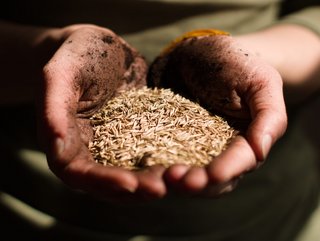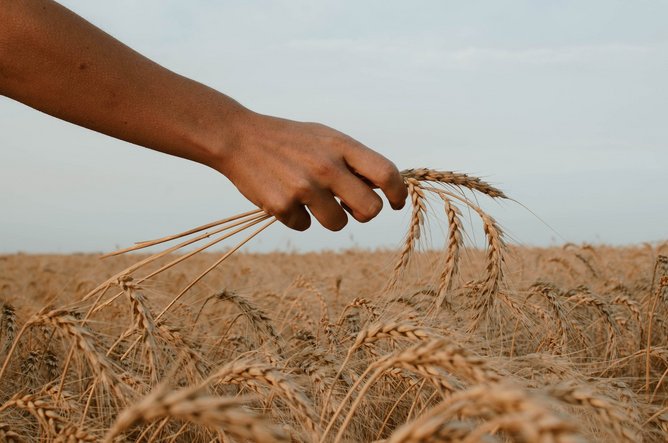India raises MSPs to assist farmers following wheat chaos

Procurement magazine recently reported on excessive rainfall in India adversely affecting its wheat crop and disrupting the crucial grain-filling stage and harvest in April.
The report stated: "Last year's record-breaking high temperatures also impacted wheat production, resulting in a shortfall of 4.5m tonnes.
"Despite aiming for a 5% increase in wheat production this year, India's crop suffered a major blow due to excess rainfall in key wheat-producing states.
"The consequences of these weather-related setbacks pose challenges for food security and may impact domestic supply and international trade dynamics.
"Solutions are being sought to support to affected farmers; invariably procurement-related."
Adapting to crises through public procurement policy
Now, the Indian government has announced a significant hike in the Minimum Support Prices (MSP) for Kharif crops, which are sown in June and harvested in October, for the upcoming 2023-24 marketing season.
The MSPs serve as "guaranteed prices fixed by the federal government to safeguard farmers against any drastic fall in agricultural product prices, offering them financial protection and stability."
Under the chairmanship of Prime Minister Narendra Modi, the Cabinet Committee on Economic Affairs has approved the increase in MSPs during a recent meeting.
This move, it is claimed, aims to ensure remunerative prices for farmers and incentivise crop diversification.

The policy aligns with the federal Budget for the 2018-19 financial year, which announced the MSP fixation at a level of at least 1.5 times the All-India weighted average Cost of Production, ultimately aiming for reasonably fair remuneration for the farmers.
The Ministry of Agriculture and Farmers Welfare highlights the expected margin to farmers over their cost of production, estimating the highest margin to be in the case of Pearl Millet (82 percent), followed by Pigeon Peas (58 percent), Soybean (52 percent), and Black Gram (51 percent).
For other crops, the margin to farmers over their cost of production is estimated to be at least 50 percent, promoting profitability and sustainability in the farming sector.
Government Initiatives for crop diversification
In recent years, the Indian government has actively promoted the cultivation of crops beyond pulses, oilseeds, and nutri-cereals by offering higher MSPs for these varieties.
Additionally, various schemes and initiatives have been launched, such as the National Agriculture Development Scheme and the National Food Security Mission, with the aim of encouraging farmers to diversify their crops, thereby maximising their farm yields and overall productivity.
According to the third advance estimate for the 2022-23 financial year, India is set to witness a record-breaking total food-grain production of 330.5 million tonnes.
This marks an increase of 14.9 million tonnes compared to the previous financial year, reflecting the significant positive impact of government interventions and support for the farming community.
The Ministry of Agriculture and Farmers Welfare says that this increase in food-grain production is the highest observed in the last five years, showcasing the effectiveness of government initiatives and the collective efforts of farmers across the country.
- UK public procurement: The cost of poor quality dataProcurement Strategy
- PWC advises on UK public Procurement Bill reformProcurement Strategy
- How to spot a strong supplier hidden in their bid submissionProcurement Strategy
- Why procurement is the key to solving India's wheat crisisProcurement Strategy






